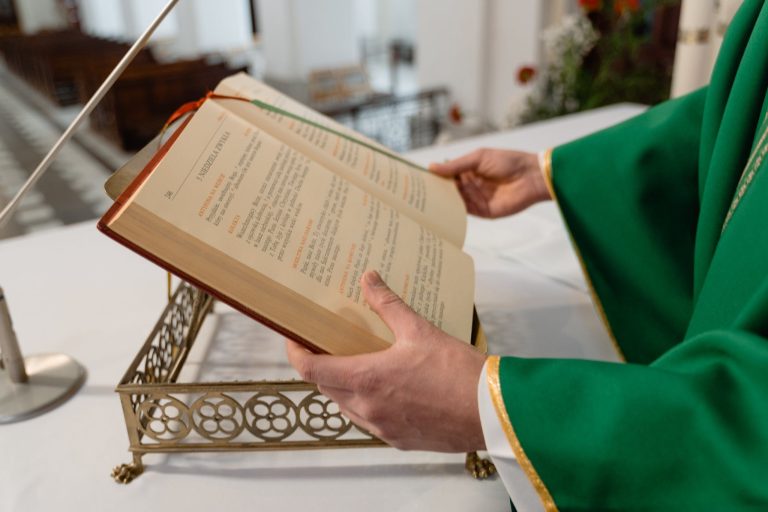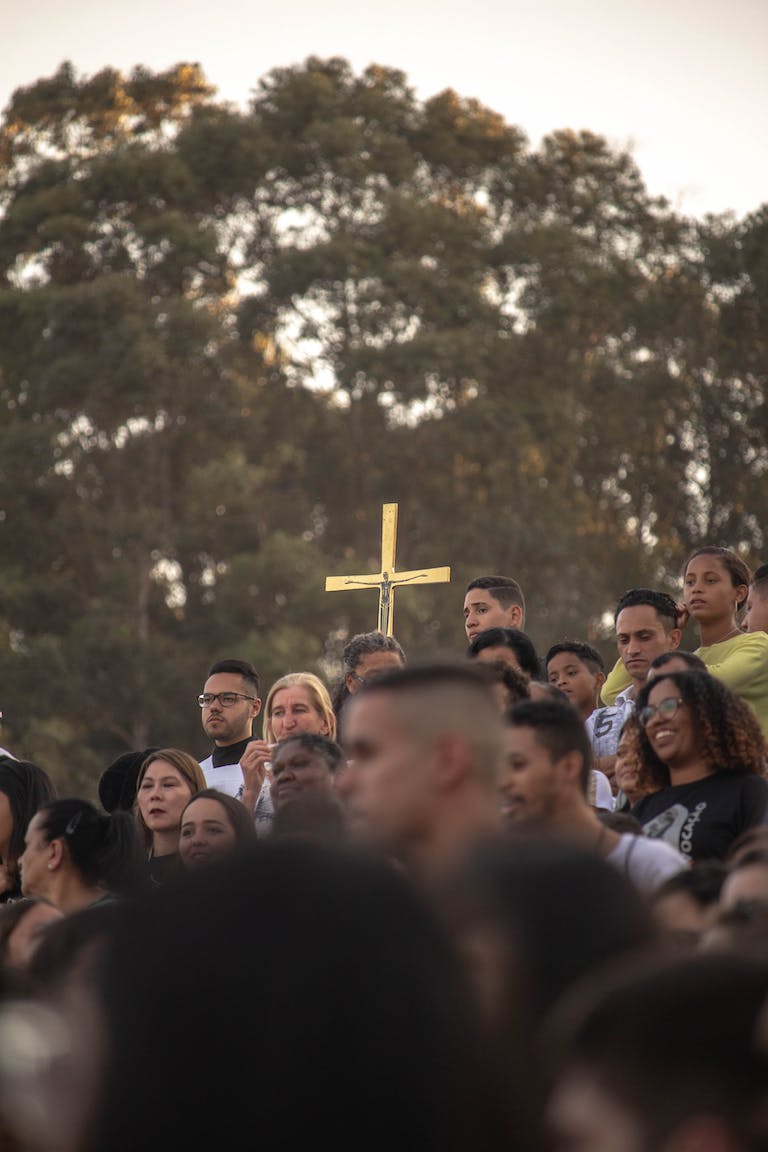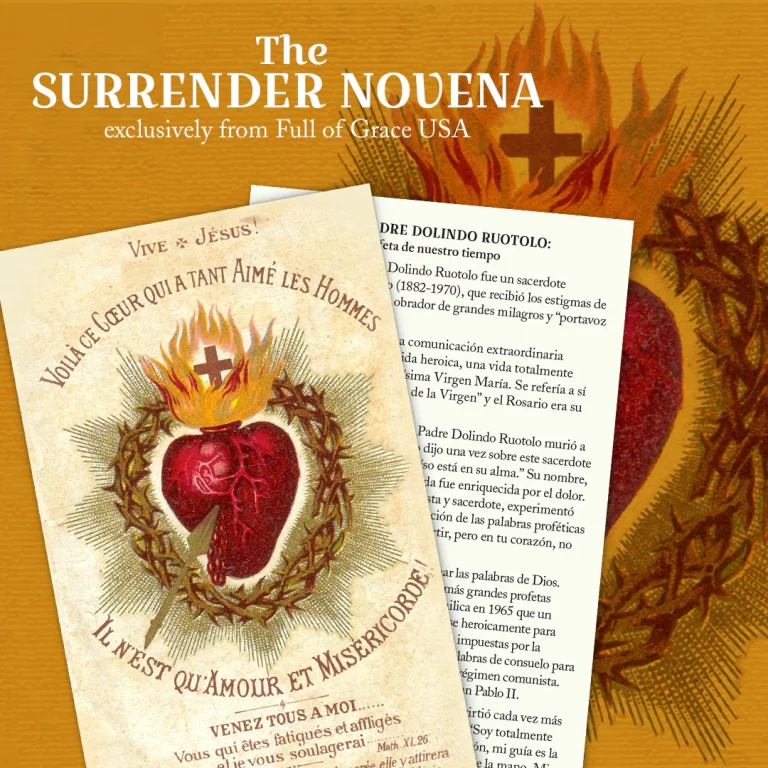Christianity vs Roman Catholic: A complete comparison
As a pastor, I’m often asked about the differences between Christianity and Roman Catholicism. Both share core beliefs as followers of Jesus Christ, but there are some key areas where they diverge theologically. In this post, I aim to explain the major differences objectively and compassionately.
Origins and History
Christianity began in the 1st century AD as a sect of Judaism that believed Jesus was the long-awaited Messiah. Even though the Roman Empire and local synagogues persecuted the early Jesus movement, it continued to spread throughout the Mediterranean. In 313 AD, Emperor Constantine issued the Edict of Milan, legalizing Christianity in the Roman Empire. This marked Christianity’s transition from a persecuted sect to an institutional church.
The term “Roman Catholic” emerged later to describe Christians under the spiritual authority of the Pope in Rome. Key events included the development of monasticism, the 7th century fall of North Africa and the Middle East to Islam, the East-West Schism of 1054 AD, and the Protestant Reformation beginning in 1517 AD. These contributed to distinct Western (Roman) and Eastern (Orthodox) churches.

Core Beliefs and Theology
Christianity and Roman Catholicism share foundational doctrine about the nature of God and salvation through Jesus Christ. Key beliefs include:
- Monotheism: There is one God existing in three persons – the Father, Son (Jesus Christ), and Holy Spirit
- Jesus is fully God and fully human, sinless, died for humankind’s sins, and physically resurrected
- The Bible as God’s divine revelation and having supreme authority
- Salvation by grace alone through faith in Christ’s finished work on the cross
However, there are key theological differences:
Papal Authority and Magisterium
Catholicism has a more hierarchical structure, with the Pope serving as Christ’s earthly representative. The Magisterium is the church’s teaching authority, giving infallible interpretations on faith and morals. Most Protestants believe in local church autonomy without a central earthly head.
Scripture and Tradition
Protestants believe scripture alone has the highest authority on doctrine. Catholics give equal weight to scripture and “Sacred Tradition”—teachings maintained by apostolic succession of church leadership over 20 centuries.
Salvation and Works
Protestant theology emphasizes salvation by grace alone, not human effort. Good works are seen as the result, not requirement, of salvation. Catholicism teaches that faith and good works are both essential and cooperate together by God’s grace to justify the believer.
Veneration of Saints
Catholics pray to saints in heaven to intercede, while Protestants directly pray to God alone. Catholics also request saintly intervention and view saintly relics as having special spiritual significance.
Other Differences
Further differences include the Catholic emphasis on purgatory (the afterlife state to purge sin), mortal versus venial sins, the seven sacraments essential to salvation, and priestly celibacy and vestments. Protestants only accept baptism and communion as sacraments, reject mortal/venial sin distinctions, do not require ministerial celibacy, and have typically simpler church services.
Summary
| Christianity | Roman Catholicism |
| There is no central earthly authority | Answer to Papal/Vatican authority |
| Bible has supreme authority | Bible and Sacred tradition are both authoritative |
| Salvation by grace alone | Salvation by faith and works |
| Pray to God only | Pray to God, Mary, saints |
| 2 sacraments | 7 sacraments |
| No purgatory | Believe in purgatory |
| No mortal or venial sins | Distinction between mortal and venial sins |
| There is no priestly celibacy rule | Celibacy rule for priests |
| Simpler services | More symbolic or structured services |
Roman Catholicism and Christianity share core beliefs but diverge on issues of church authority, salvation, practice, and ritual. Rather than differences to divide over, my hope is that this explanation enables more understanding between these faith traditions, which both genuinely seek to love and serve Jesus Christ.
Where we agree provides room for partnership; where we disagree allows space for spirited yet grace-filled discussion as together we pursue Christlikeness.
I welcome your thoughts and questions below!







